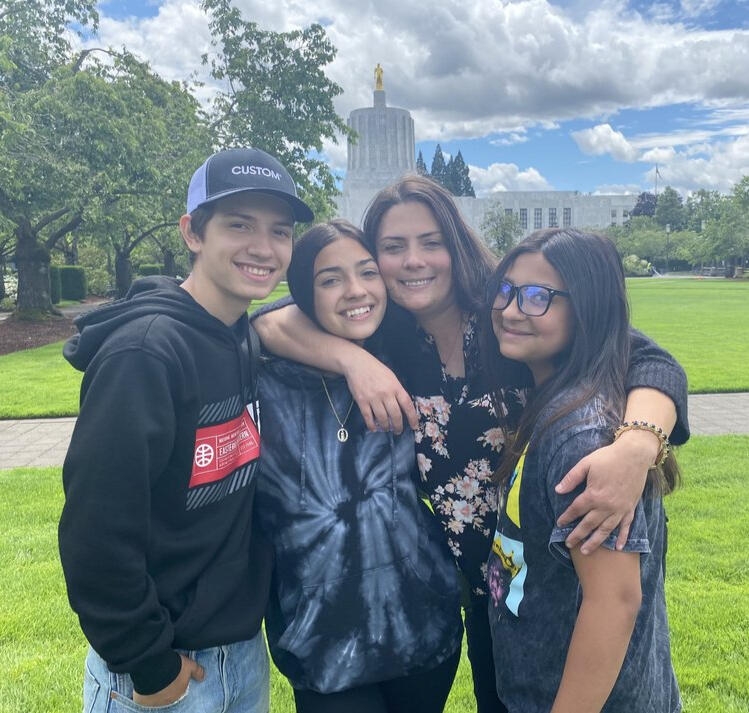
Family Preservation Project
Family Preservation Project (FPP)'s mission is to wrap support and build community around children impacted by incarceration, their mothers, and the families who nurture them.
Explore FPP's Direct Service Programs
We know that keeping families together improves generational, educational, and occupational outcomes. So FPP provides direct service programs, three of which operate inside Coffee Creek Correctional Facility (CCCF) in Wilsonville, OR, to support family preservation.
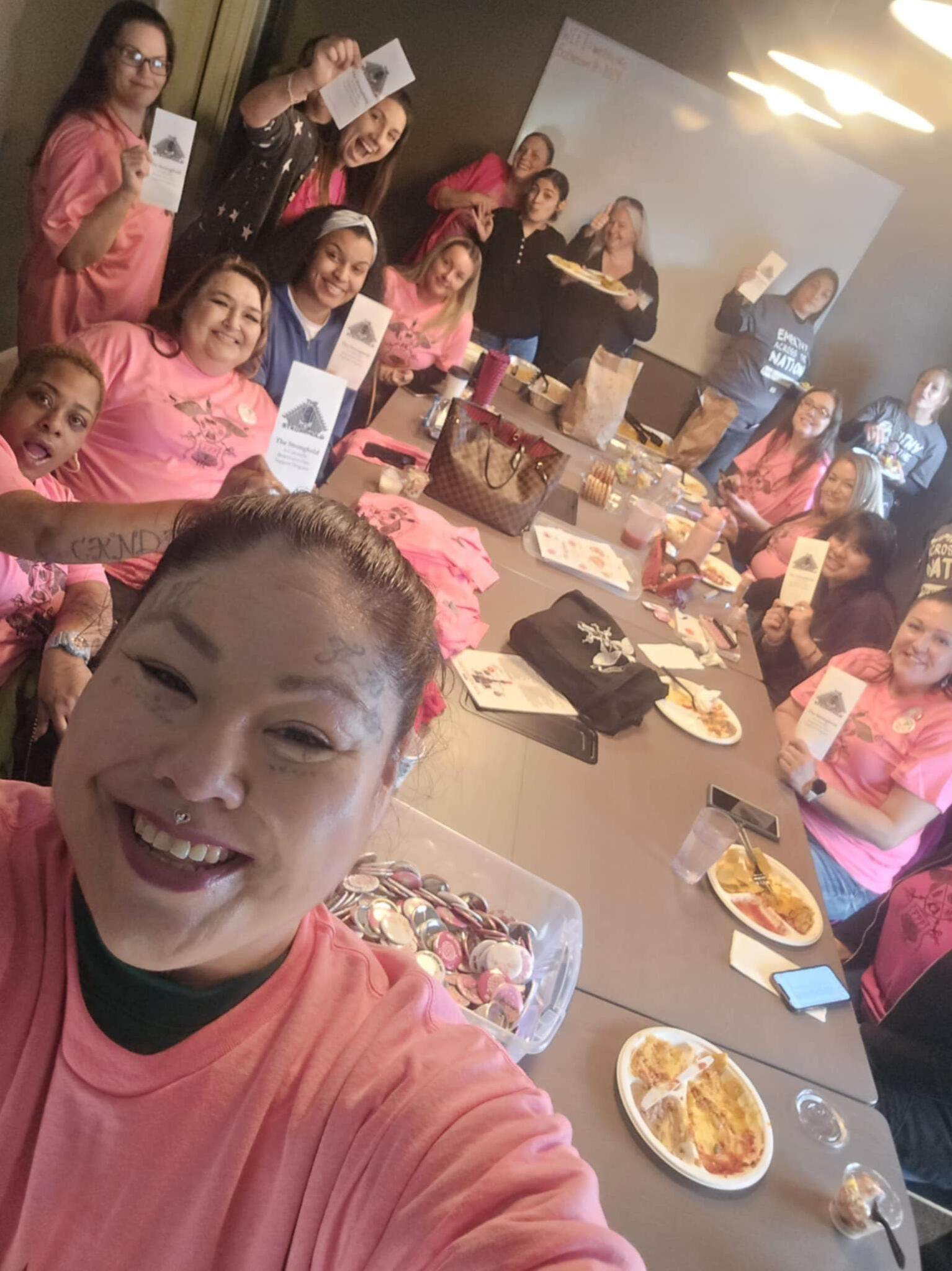
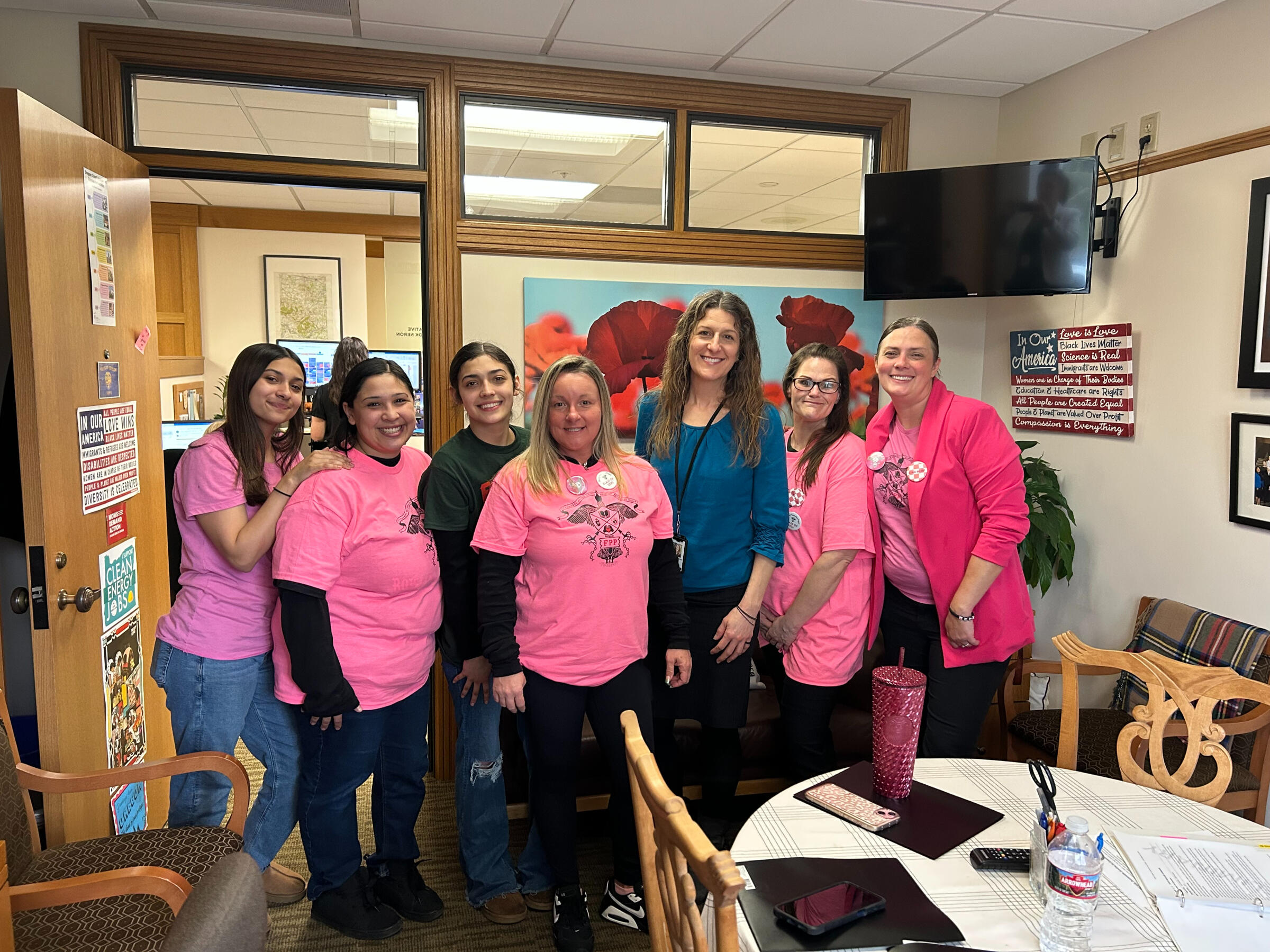
Explore FPP's Impact
FPP strengthens families and communities by assisting incarcerated women as they become rooted in their identities as mothers, promoting the rights of children of incarcerated parents, and providing trauma-informed services designed specifically for each parent’s unique needs. Learn more about our advocacy and history.
FPP On Film
Like a Shield, a film by Brian Lindstrom, features children that have participated in FPP. The film highlights the unintended consequences of parental incarceration on children and why the Bill of Rights for Children of Incarcerated Parents is needed to help address the trauma and negative health and social outcomes for children affected by parental incarceration.
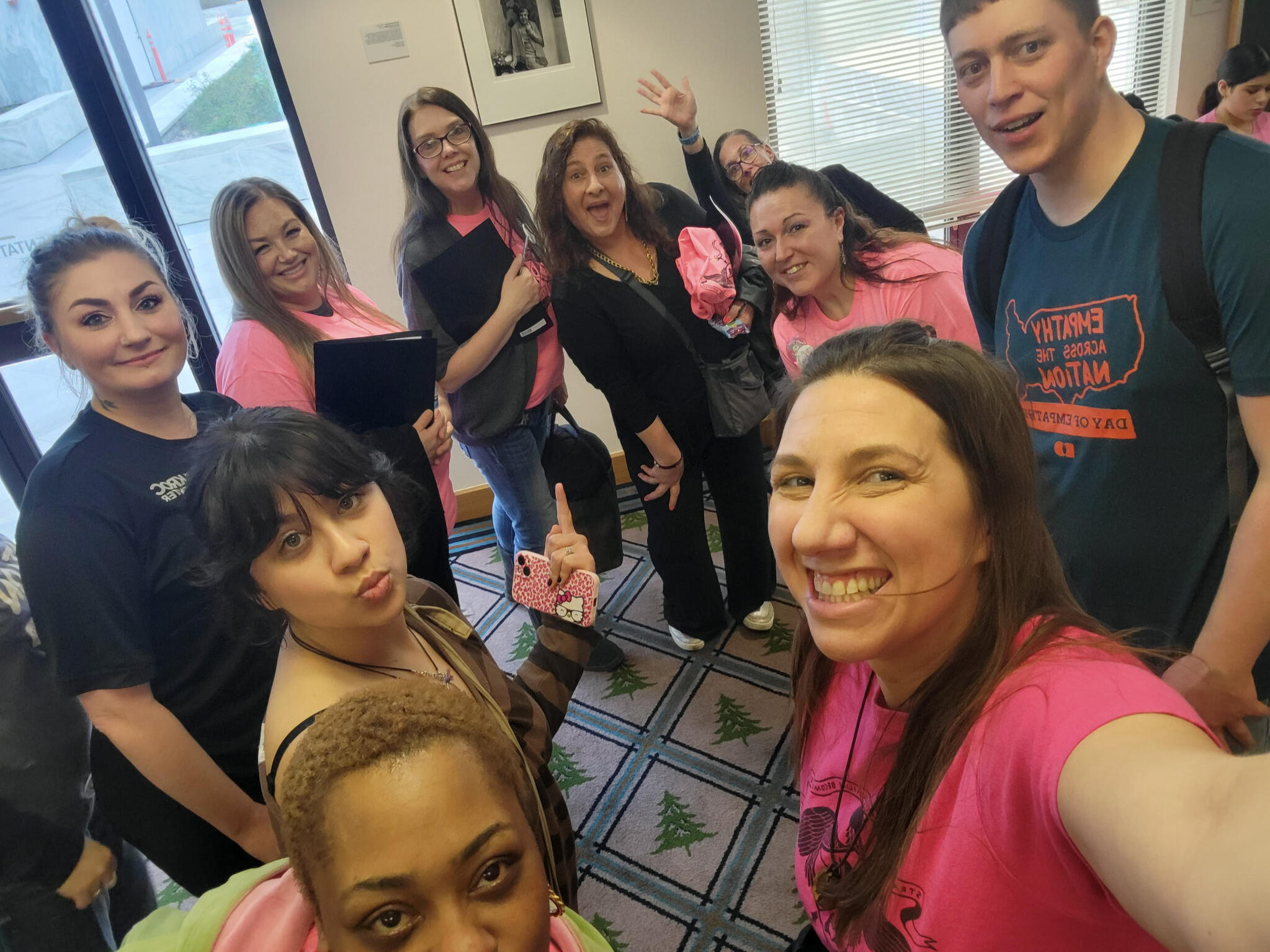
Contact FPP
We are happy to connect wtih you. Leave us a message here.
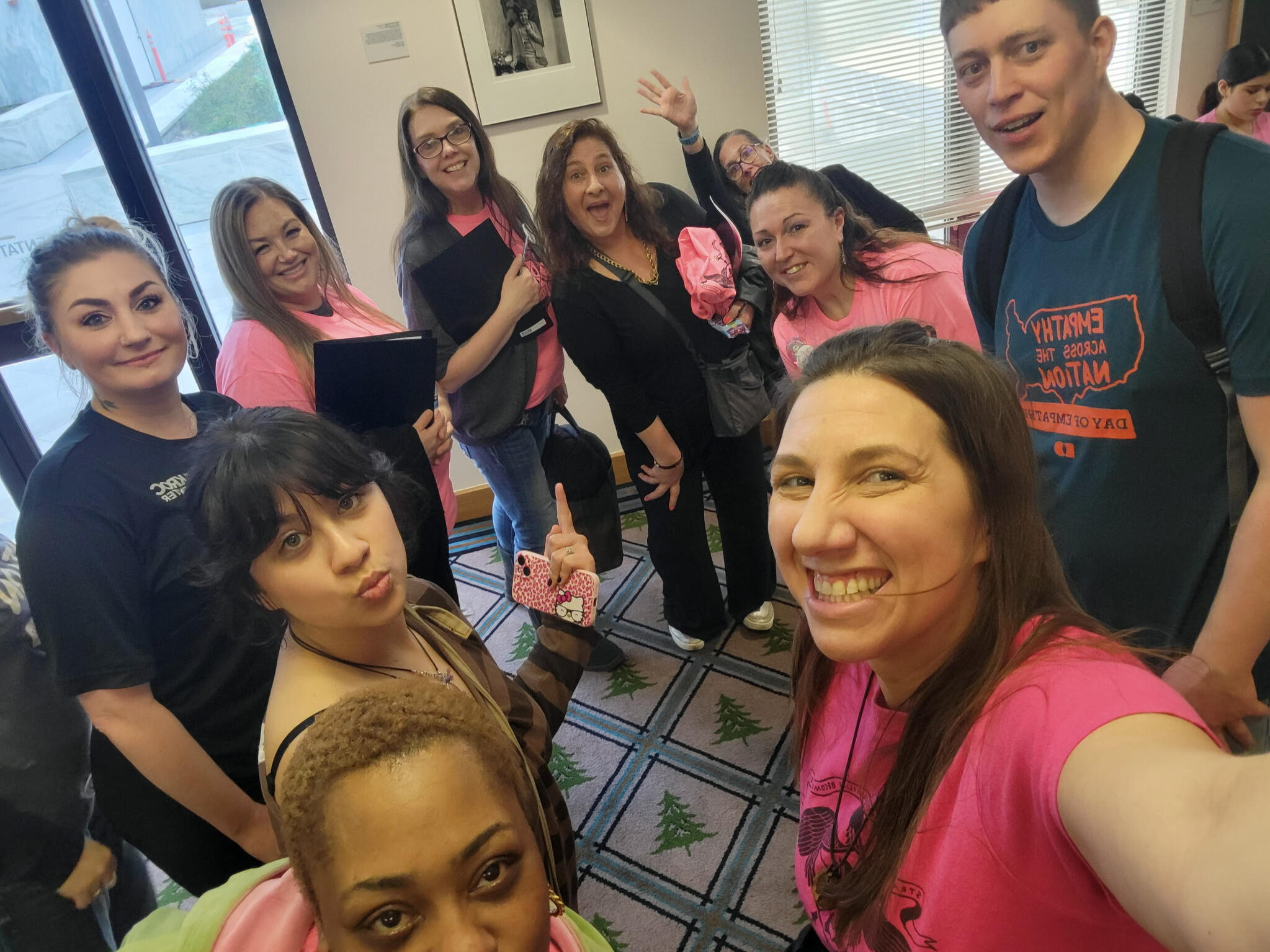
Thank you!
We will be in touch soon.
Family Preservation Project Team
FPP Direct Service Programs
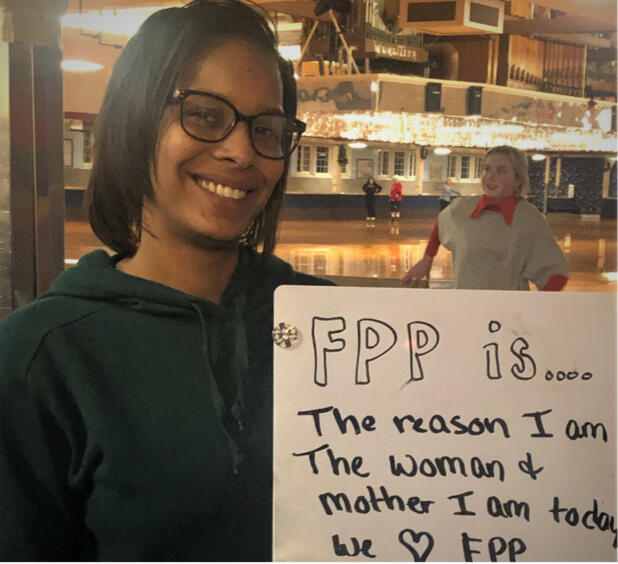
Intensive Family Reunification
Includes therapeutic visitations with children; parenting support and education groups; intensive individual transition planning; caregiver support; wrap-around support for children and families; family meetings; parent-teacher conferences; and, biopsychosocial assessmentsChildren of incarcerated mothers receive 50% fewer visits than children of incarcerated fathers. With FPP, children have increased opportunities to meaningfully connect with their incarcerated mothers.

Family Resource Center
Includes individual and group-based support services, juvenile and family law support, and addresses barriers to connection with children, families, and professional services.84% of incarcerated moms had at least one child living with them before incarceration.
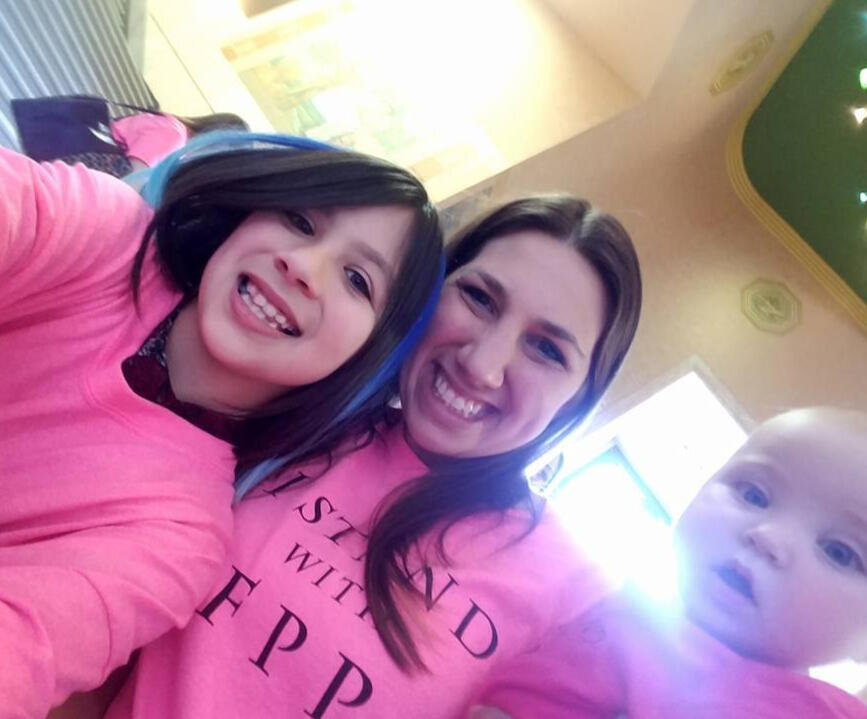
Re-entry Program
Our peer advocates meet women releasing from prison with warmth and assistance. This program provides re-entry necessities, including hygiene supplies, clothing, and a backpack or tote as well as emotional support.
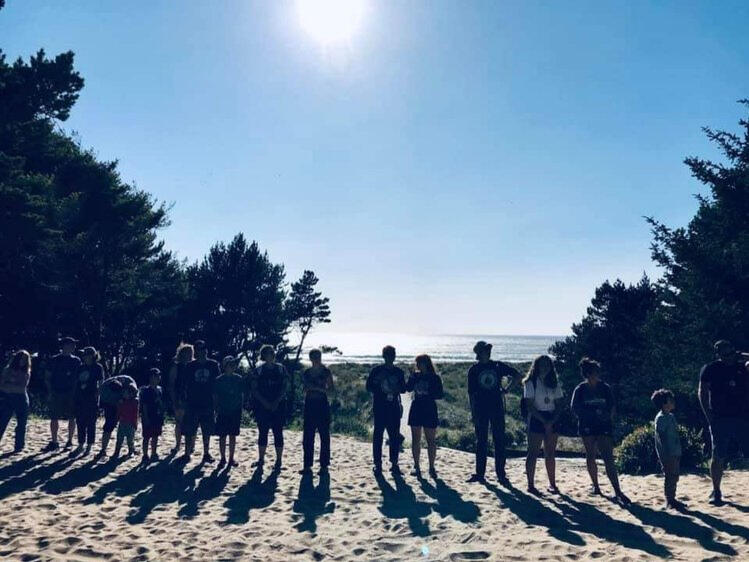
Youth Advisory Council
Comprised of kids of incarcerated parents, this advocacy group passed the Bill of Rights for the Children of Incarcerated Parents in Oregon’s state legislature (2017) and continues to impact policy.68,000 children in Oregon have had at least one parent that has been incarcerated.
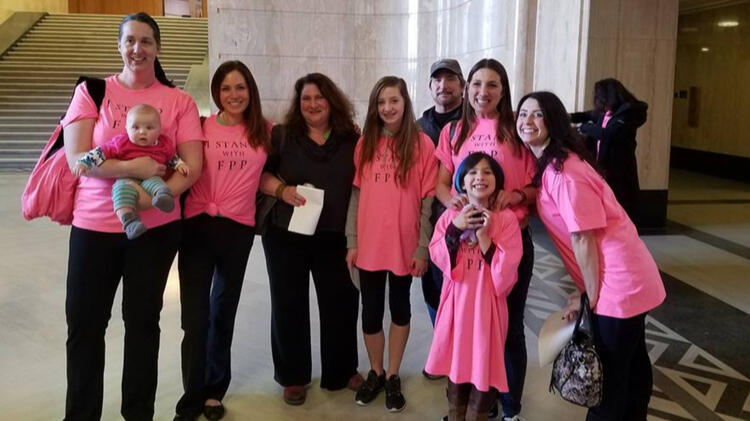
Alumni Association
An intentional community centered around shared lived experiences, offering mutual aid and support, and celebrating successes big and small.Peer support outcomes included increased self-esteem and efficacy, sense of control, empowerment, hope, belief in bringing about change in their lives, sense of belonging, and social support.
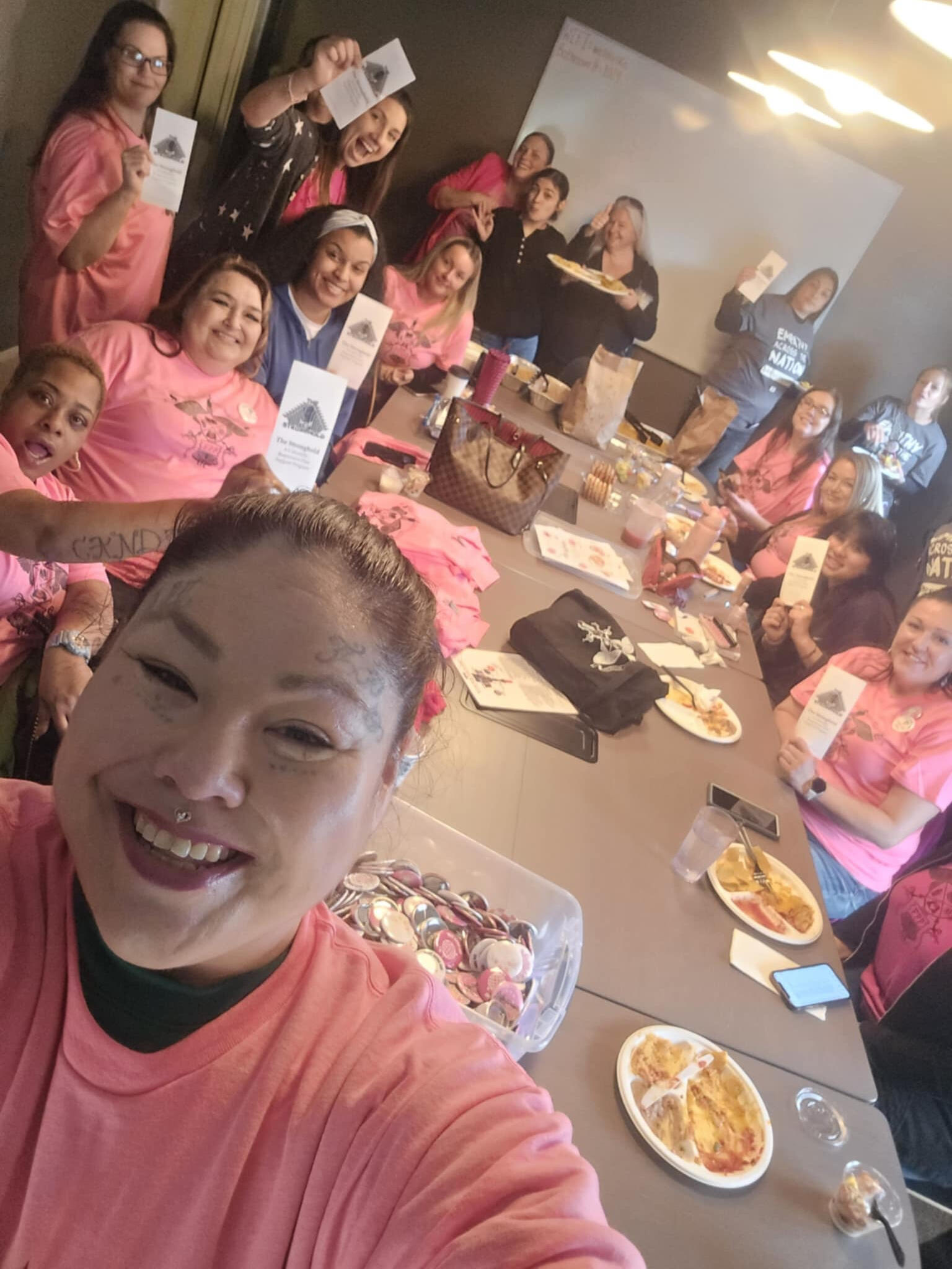
Want To Connect About Our Programs?
Use the button below to send us a message! We will be in touch.
FPP's Impacts Over Time
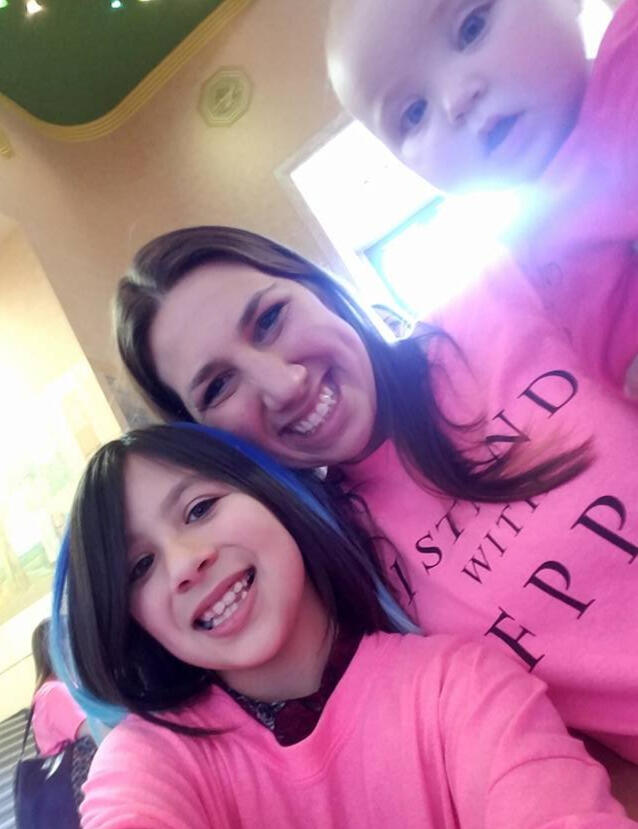
Bill of Rights for Children of Incarcerated Parents
In 2017 after advocacy by our FPP team and alumnae, the Bill of Rights for Children of Incarcerated Parents was passed unanimously by the legislature, making Oregon the first state to recognize the rights of this vulnerable population.
Key Dates in FPP’s History
2003
Portland Community College receives a federal US DOE Grant to start the first Even start Program in the country to be housed in a correctional facility.
2009
Funding from DOE for Even Start Programs nationally is phased out.
2010
Based on almost a decade of practice wisdom and best practices around supporting children and families impacted by maternal incarceration, Even Start becomes the Family Preservation Project.
2010
The Oregon Department of Corrections begins funding the Family Preservation Project (FPP) at Coffee Creek Correctional Facility in Wilsonville, Oregon, in an effort to address the impact of incarceration on mothers and their families. FPP was a partnership between Portland Community College and Oregon Department of Corrections.
2014
The budget for FPP was cut and programming within the prison was discontinued.
2015
Senate Bill 5507 passed, allowing the Family Preservation Project to officially become a program of the YWCA of Greater Portland. Senate Bill 5007 included a $400,000 General Fund appropriation to the YWCA of Greater Portland to administer the program at Coffee Creek Correctional Facility.
2017
Senate Bill 241, the Bill of Rights for Children of Incarcerated Parents, was passed unanimously by the legislature, making Oregon the first state to recognize the rights of this vulnerable population. House Bill 5006 allocated $400,000 to the YWCA of Greater Portland for the administration of the Family Preservation Project for the 2017-2019 biennium.
2019
Despite being a necessary and essential program serving children of incarcerated mothers, the Family Preservation Project was left unfunded by the Oregon State Legislature. In its place, the YWCA raised $200,000 to keep FPP running while it advocates for permanent funding during the 2020 legislative session.
2023
Following powerful testimony from women who gave birth while in custody and advocacy from the FPP team, Oregon lawmakers approved Better Beginnings for Babies (HB 2535) overwhelmingly. This new law directs the Oregon Department of Corrections to create a culturally-specific, trauma-informed doula program for incarcerated mothers, providing healthcare support during and after birth, and to remove restraints during the birth process.
Mothering Inside, The Film
Mothering Inside, a film by Brian Lindstrom, follows the women and children of the FPP at Coffee Creek Correctional Facility in Wilsonville, Oregon over the course of a year. FPP works to re-establish healthy bonds between inmate moms and their children. Midway through filming, the Oregon Department of Corrections announced plans to cut FPP. After an intense public outcry, spurred in part by screenings of an earlier version of the film, Oregon Governor Kate Brown signed legislation that funds FPP for two years. Watch the film and interview.
